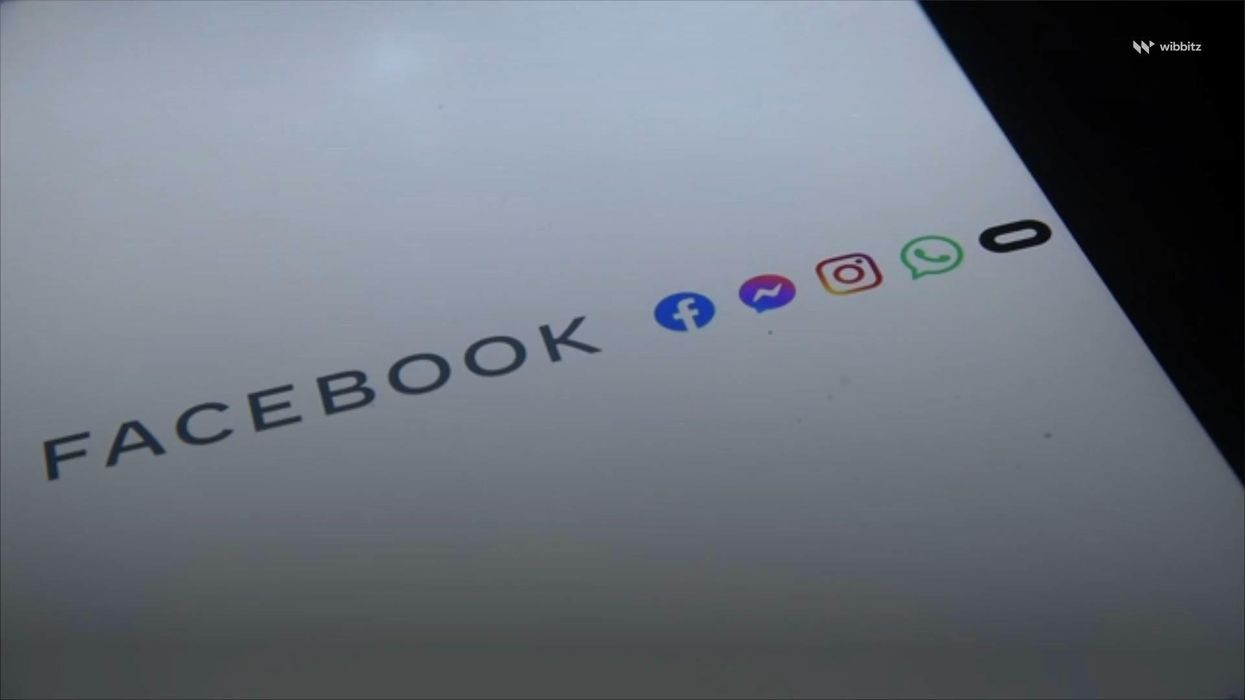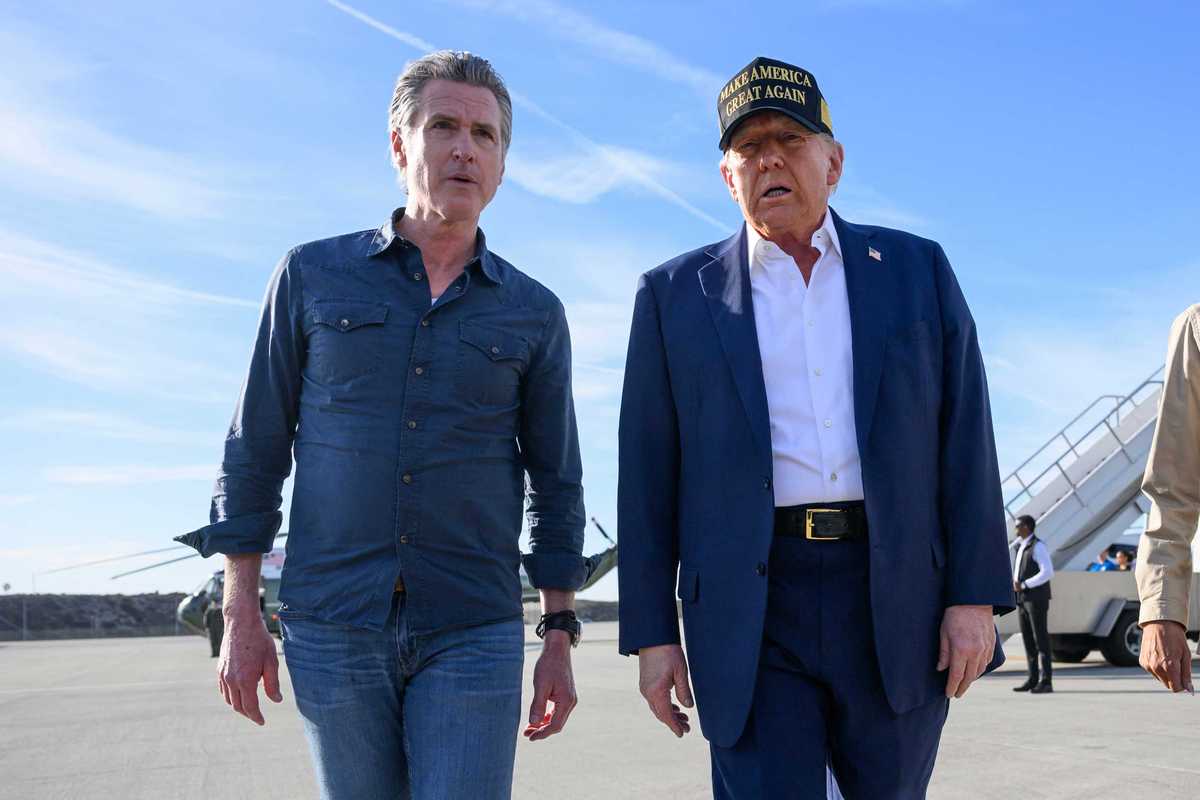Social media networks Facebook and Twitter, along with news sites, are reportedly being blocked by Russian authorities amid the country's continued invasion of Ukraine.
On Friday, Russian regulator Roskomnadzor announced the ban via Facebook, citing 26 examples of “discrimination against Russian media and information resources" since October 2020 by the social media platform.
It says the ban is in order "to prevent violations of the key principles of the free flow of information".
In response, Facebook's parent company Meta has criticised Russia's decision to restrict its citizens from their network.
“Soon millions of ordinary Russians will find themselves cut off from reliable information, deprived of their everyday ways of connecting with family and friends and silenced from speaking out,” wrote Nick Clegg, Meta's president of global affairs in a statement on Friday in response to Russia's ban.
“We will continue to do everything we can to restore our services so they remain available to people to safely and securely express themselves and organise for action.”
It has also been reported that Twitter access has also been blocked in the country, Der Spiegel reported.
Last week, the social media company shared a statement in regards to this.
“We believe people should have free and open access to the Internet, which is particularly important during times of crisis," the company tweeted.
ABC News Foreign Correspondent James Longman who is currently in Russia stated last night that he was still able to access Facebook and Twitter - but hasn't tweeted again at the time of writing.
Two other journalism outlets have been blocked - independent news network TV Rain and long-time radio station Echo of Moscow.
BBC's Russia correspondent Steven Rosenberg noted that this isn't the first time Russian authorities have restricted communication channels for Echo of Moscow.
Internet monitor NetBlocks noted before the announcement that restrictions on Facebook had begun to take place, and updated its followers on the news from Roskomnadzor.
Russia's social media ban comes after Facebook and Instagram announced access restrictions to Russian media outlets Russia Today (RT) and Sputnik in the European Union earlier this week - including the UK on Friday after a request from culture secretary Nadine Dorries.
Meanwhile, a new law has recently been passed in Russia which enables authorities to jail anyone who spreads "fake" news about the conflict for up to 15 years.
The BBC has since temporarily suspended its journalists' work in Russia following this announcement.
Elsewhere as the conflict continues, Russia has announced a temporary ceasefire to allow civilians in the Ukrainian cities of Mariupol and Volnovakha to leave, The Independent reported.
Though Russia's defence secretary has stated a "broad offensive" will continue in Ukraine.
The Independent has a proud history of campaigning for the rights of the most vulnerable, and we first ran our Refugees Welcome campaign during the war in Syria in 2015. Now, as we renew our campaign and launch this petition in the wake of the unfolding Ukrainian crisis, we are calling on the government to go further and faster to ensure help is delivered. To find out more about our Refugees Welcome campaign, click here. To sign the petition click here. If you would like to donate then please click here for our GoFundMe page.
Have your say in our news democracy. Click the upvote icon at the top of the page to help raise this article through the indy100 rankings.














